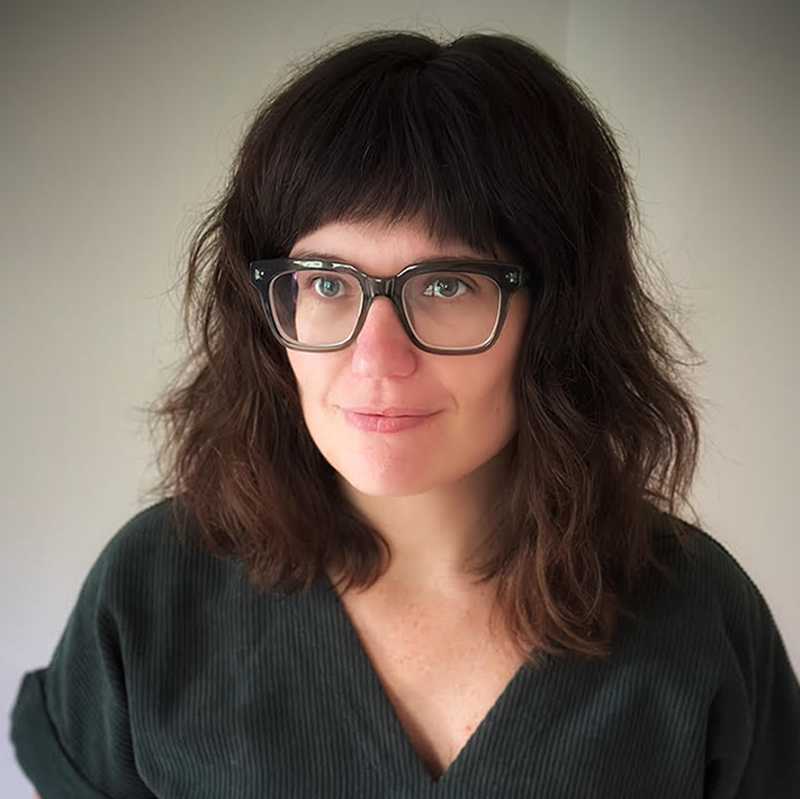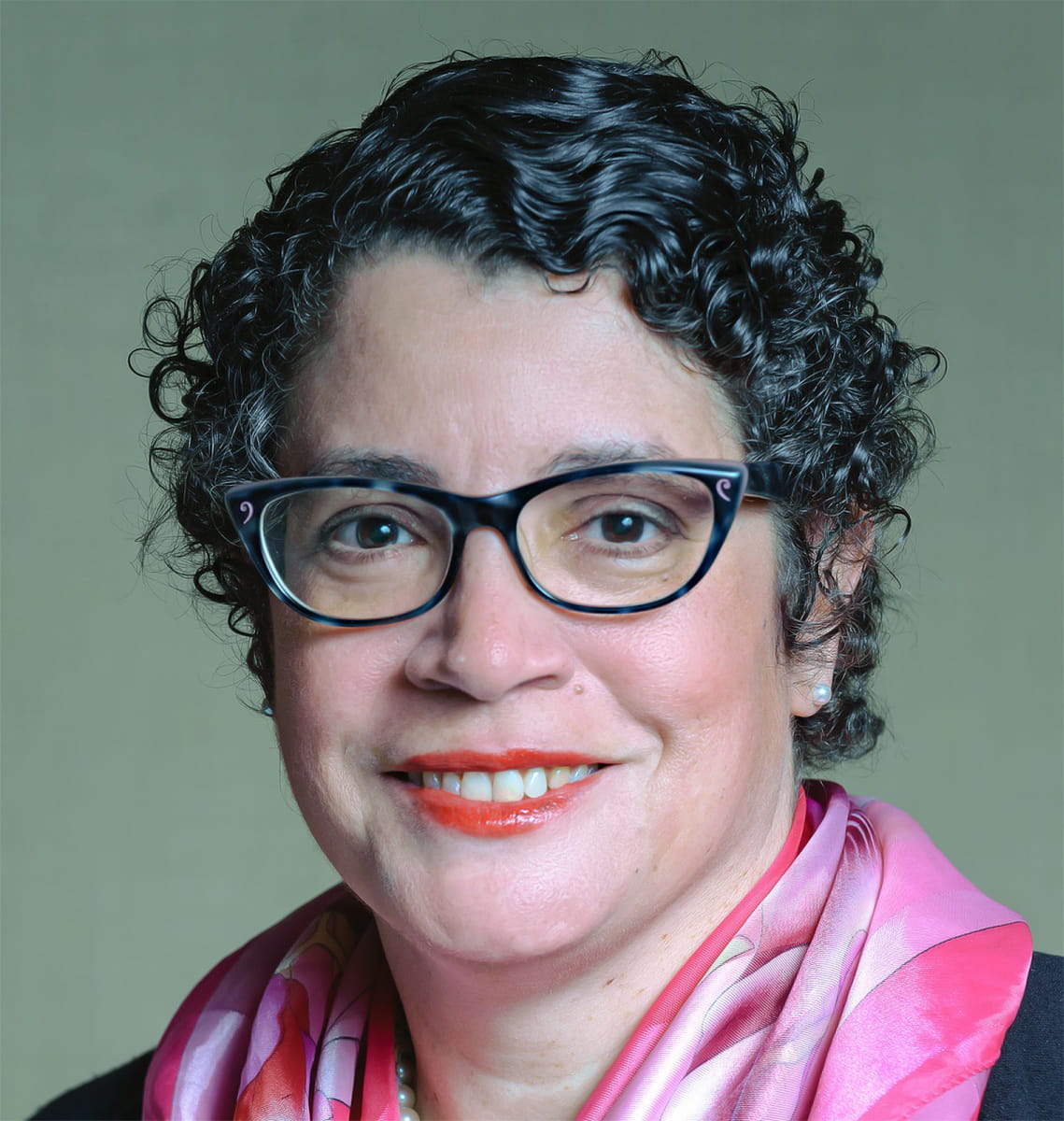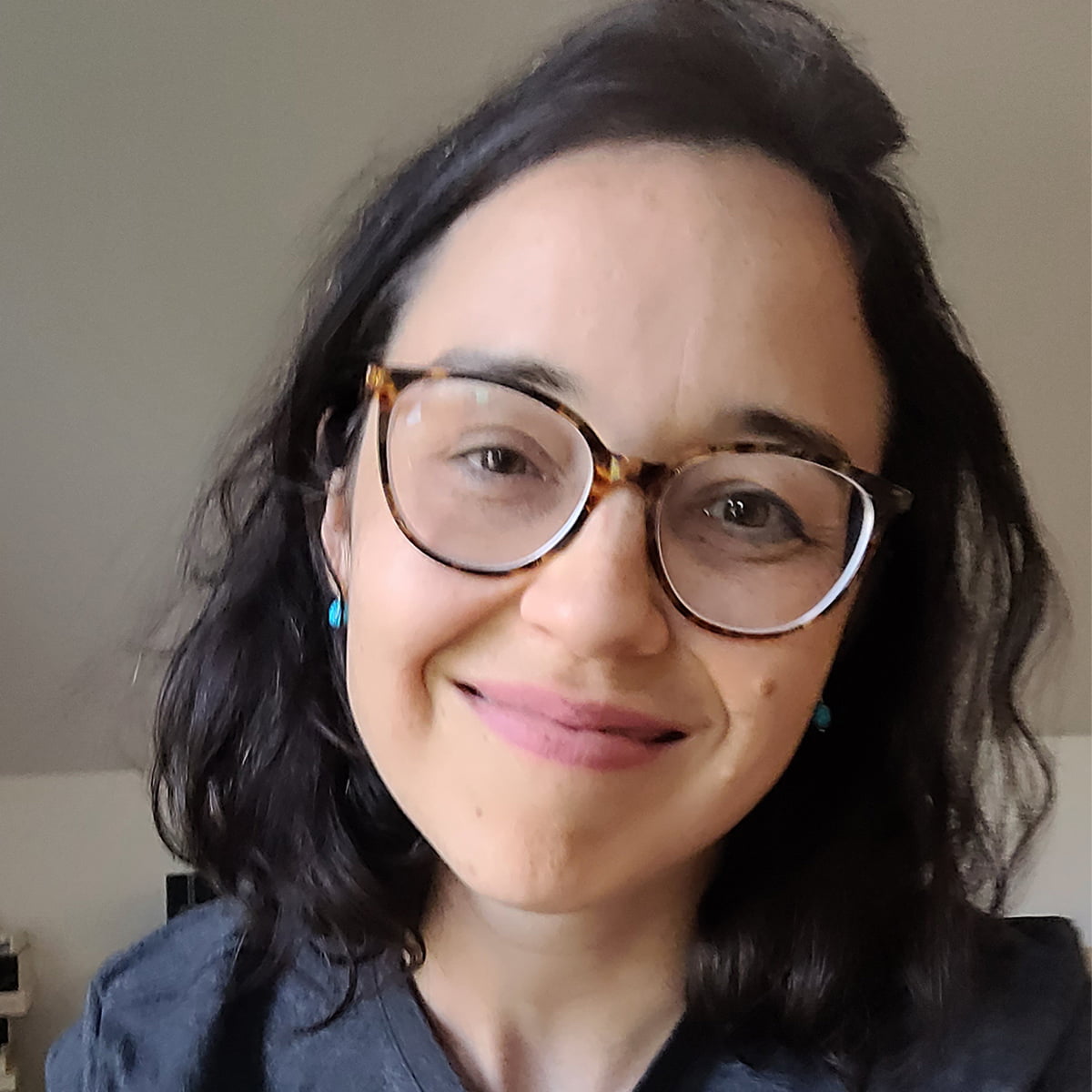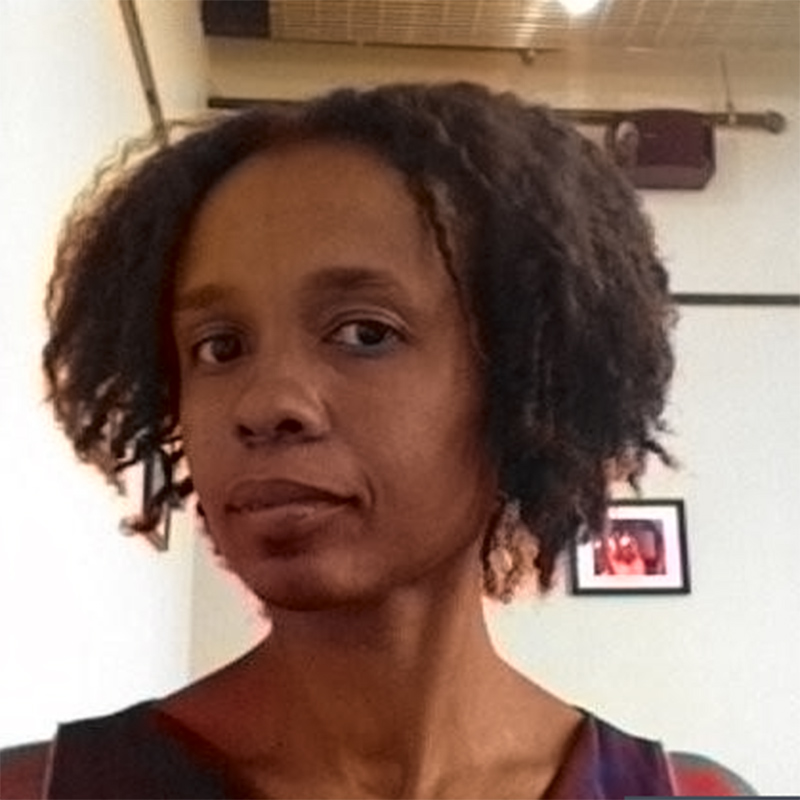
Sadegh Ansari is Assistant Professor of History of the Pre-Modern Islamic World at SUNY Geneseo. His research interests include the history of science, history of music, and the intellectual history of the pre-modern Islamic and Persianate worlds. His works have recently appeared in the Journal of Abbasid Studies as well as the journal Philological Encounters. His forthcoming book, The Science of Music: Knowledge Production in Medieval Baghdad and Beyond (Cambridge University Press), will be published in the fall of 2024.
Commentaries, Manuscript Marginalia, and Networks of Musical Knowledge Production in the Medieval and Early Modern Islamic World
Focusing on commentaries and manuscript marginalia of two musical treatises from the medieval Islamic world, this project seeks to answer the following questions: What did networks of scholarly exchange on a scientific discipline in the medieval and early modern Islamic world resemble? In the absence of tools as well as barriers prevalent in the modern world (national academic institutions, borders, laboratories, etc.), how did scientific knowledge circulate over time and space? What can we learn about the educational activities of medieval and early modern scholars by analyzing these commentaries and manuscript marginalia?

Theresa Avila is a curator and art historian. She holds a Ph.D. from the University of New Mexico and is Associate Professor of non-Western Art History at California State University, Channel Islands. Specializing in the visual and material culture of the early modern Atlantic world, Latin America, and Latina/o/x/e communities. Recent projects include the forthcoming “Altered Terrains” on landscapes of the Americas for Latin American and Latinx Visual Culture; the exhibition Magnetic Currents: Artists charged by the U.S. and Mexico Border in 2020; and the essay “The echo of the revolution: Emiliano Zapata in Chicana/o/x Art” for the Instituto Nacional de Bellas Artes in Mexico in 2019.
U.S. National Parks Ephemera
This digital monograph examines how citizenship is defined in U.S. national parks through visual and material culture. With the establishment of the national park service in 1916, production of information and marketing materials about U.S. national parks promoted a national ethos. But what and who was that nation? A broad array of U.S. national parks ephemera serves to illustrate historical patterns of e(race)ure of diverse communities. This publication will document the historic presence of BIPOC communities within U.S. National Parks, while simultaneously highlighting their erasure from the materials that are circulated about the national parks and in the park’s histories.

Leia Belt is currently serving as a postdoctoral scholar for the Du Bois S.E.R.V.E. Project at the University of California, Merced in Merced, California. She earned her Ph.D. from the University of Iowa with a concentration in sociology and social epidemiology. She is the AcademyHealth Summer 2024 Data Policy Fellow. Her research primarily focuses on examining the intersection between the legacy of historic structural inequities and rurality on access to care and adverse maternal and infant health outcomes. By grounding her mixed-methods projects in a critical Black feminist paradigm and using a Du Boisian approach to data visualization, Belt’s scholarship aims to intrigue, engage, and co-facilitate meaningful change with academic and local communities. Her public scholarship has appeared in the Boston Globe, Emancipator, AcademyHealth, and New Thinking.
Exploring Sundown Towns as a Measure of Structural Racism
This project aims to achieve three objectives: describing sundown towns in the United States, demonstrating their role as geographical and socio-cultural measures of structural racism, and showcasing how this measure can bolster research on equity and justice efforts across social, political, and commercial determinants of health. This project highlights the intersection between the historical legacy of structural racism and rurality, which is particularly relevant for regions like the Midwest and West that have often been overlooked in discussions of the enduring legacy of racial segregation and violence. By leveraging publicly available databases of sundown towns, HOLC redlining maps, racial restrictive covenants, lynchings, and Green Book locations, combined with advanced digital publishing techniques, this project facilitates comprehensive multidisciplinary, multimodal, and multidimensional analysis of its implications.

Milbert O. Brown, Jr., is Adjunct Professor in the School of Media and Communication at Olivet University. Brown’s research focuses on the intersection of digital media, race, and storytelling. Brown has received numerous awards and fellowships, including the Pulitzer Prize in Journalism for Explanatory Reporting as a contributing staff member at the Chicago Tribune. He has served as a journalism professor at Howard University and Wilberforce University.
Breaking Barriers: A Digital Exploration of the Negro Leagues and Their Impact on Baseball History
This digital publication project aims to chronicle the history and enduring influence of the Negro Leagues in American baseball. By focusing on the players who faced and overcame racial barriers, the project delves into the significant role the Negro Leagues played in shaping both the sport and broader societal attitudes towards race. The project will be divided into key sections, each offering a comprehensive examination of different aspects of the Negro Leagues’ history and legacy. Themes in the monograph project are explored in Dr. Brown’s article, “World War II and the Kansas City Monarchs” (2021).

Dan C. Castilow II is Assistant Professor of Ethnic Studies at Cal Poly, San Luis Obispo. He is a researcher of the African Diaspora whose work engages diasporic Blackness, popular culture, and gender through the lenses of cultural and postcolonial studies. His current work ethnographically explores race and ethnicity in Trinidad and Tobago’s middle-class and Black communities in the southern United States, highlighting expressions of national and transnational Blackness through sites of leisure.
Liming: Transnational Black Masculinities in the Caribbean and the United States
This digital monograph is based on ethnographic, audio, and visual data collected in Trinidad and Tobago and South Florida. The project explores Black middle-class leisure culture, Black masculinities, and the nuances of gendered anti-blackness in the Caribbean and the United States. In examining middle-class leisure culture, the book covers liming, cricket, Carnival, and other regional cultural pastimes.

Satya Shikha Chakraborty is Assistant Professor of History at The College of New Jersey (TCNJ). She earned her Ph.D from Rutgers University–New Brunswick in 2019. Her scholarship focuses on the history of domestic labor at the intersection of gender, caste, race, and colonialism. She has published award-winning articles on the history of colonial South Asian ayahs in Britain (Journal of Women’s History Best Article Prize, 2023) as well as on European nurses and governesses in Indian elite princely households (Journal of Colonialism and Colonial History, winner of the 2019 Berkshire Article Prize). She has also published on the history of mistress-maid homoeroticism and cross-dressing using Mughal courtly paintings (Visual Culture & Gender, 2022). Dr. Chakraborty collects old tradecards and postcards and has curated a history exhibition with her students at the TCNJ Art Gallery.
Visual Culture of Domestic Labor: Tradecards and Postcards
Using a self-assembled archive of tradecards and postcards from the late-19th and early-20th century, this digital history project traces the visual culture of domestic labor across colonial empires in the period of New Imperialism, Jim Crow racism, Asian exclusion, women’s suffrage, and labor unionism. The project examines the important role played by mundane mass-circulating visual ephemera in the construction of racialized and gendered domestic laborer stereotypes such as the South Asian “Ayah,” the African American “Mammy,” the Irish “Bridget,” the Mexican “Criada,” the Algerian “Harem-Servant,” the Chinese “Laundry-Man,” and the Asian and African “House-Boy.”

Andrea Davis is Associate Professor of History at Arkansas State University, where she teaches Modern European History, Heritage Studies, and Digital Humanities. Her digital publication project, Memory and History: Transforming the Narrative of the Spanish Civil War and Francoist Dictatorship, has been supported by a residential research fellowship at the Luxembourg Centre for Contemporary and Digital History (Fall 2023) and an NEH-Mellon Fellowship for Digital Publication (2024). Andrea has also collaborated on the SSHRC-funded Virtual Museum of the Spanish Civil War, served as a Community Lead for the NEH-supported Digital Humanities Research Institute (2018-2019), and as General Editor for Bulletin for Spanish and Portuguese Historical Studies (2019-2022), where she co-edited special issues on Digital Humanities (2018) and Iberia in Entangled and Transnational Contexts (2019).
Memory and History: Transforming the Narrative of the Spanish Civil War and Francoist Dictatorship
This digital monograph pairs 250 hours of enhanced audiovisual testimonies with multimodal scholarship to explore how individuals negotiate subjectivities in the context of repressive regimes and construct meaning through personal memories that engage the evolving social memories of their times. Designed for multiple audiences, the publication constructs a witness-centered narrative that contributes to scholarly understandings of the long legacies of repression in Spain and invites students and members of the interested public to follow non-linear pathways that explore the multiple political cultures and communities of experience represented in the collection.

Derrick Lanois is Assistant Professor of African American History and Studies at Norfolk State University. He holds a Ph.D. from Georgia State University in history focused on African Americans since enslavement and their institutions and culture. He received his second master’s in journalism with a concentration in multimedia journalism at the University of Memphis. He has completed coursework for a M.F.A. in Documentary Expressions from the University of Mississippi specializing in documentary filmmaking, audio storytelling, podcasting, and African Americans in the media. He was an inaugural fellow for the Virginia Humanities HBCU Fellowship where he researched and expanded his scholarship on Prince Hall Affiliated Freemasonry in the South. He is the founder and Executive Director of the Southern Griot, a nonprofit with the mission to collect, archive, and disseminate Black stories of the South.
The Black South
The Black South examines a wide array of source material including family folklore, photographs, Bibles, and funeral programs through the lens of what Lanois calls “the Black southern aesthetic.” Rich in multimedia content, readers will hear from the people at the center of the stories, adding to our collective understanding of the Black South as a culture. The project will explore the autobiographical/auto-ethnographical; themes including community responsibility, “momma lessons” of survival, and Afrocentric viewpoints; and social modes of transformation.

Denise L. Lim is Assistant Professor of Black Material and Visual Cultures at The New School’s Parsons School of Design and was a Mellon Postdoctoral Fellow (2022-24) at The New School’s Mellon Initiative for Inclusive Faculty Excellence. Lim has extensive experience in African museum curation and cultural heritage work. She uses material and visual culture to explore the social histories of African and African diasporic landscapes, focusing on themes of cultural memory, social justice, and spatial commemoration. Her recent publications include the radical friendship between Japanese American activist, Yuri Kochiyama, and Black nationalist leader El-Hajj Malik El-Shabazz or Malcolm X for both the Asian Diasporic Visual Cultures journal and the Mapping Malcolm book anthology published by the Columbia Books on Architecture and the City.
Excavating Palimpsests in Ponte City
This digital monograph explores the rich cultural heritage of the iconic residential tower, Ponte City, in Johannesburg, South Africa. Treating multi-modal archives as cultural palimpsests, this digital publication project takes users on a virtual tour of the building to excavate Ponte’s complex stories through its spatial design, visual media, material artifacts, and sonic archives. The project deploys a decolonial methodology, prioritizing pluralistic subjectivities and promoting a multi-sensory method of knowledge production. In collaboration with South African architectural designers Zakiyyah Haffejee and Adam Osman, the project offers interactive and disability accessible content that bridges the gap between academic research and public design. It sets a precedent for how digital scholars and creative practitioners can collaboratively pioneer new directions in inclusive digital scholarship and storytelling.

B. Amarilis Lugo de Fabritz is the Master Instructor for Russian at Howard University’s Department of World Languages and Cultures. She was born in Ponce, Puerto Rico. She received her bachelor’s degree in Russian Language and Literature with Honors from Brown University. She received a Master of Art in International Studies from the Jackson School of International Studies at University of Washington, Seattle, Washington. She completed her doctorate in Slavic Languages and Literatures at the University of Washington, Seattle. As Master Instructor for Howard University, she directs the only Russian program at a Historically Black University, the Russia Minor program. She was awarded the 2020 American Association for Teachers of Slavic and East European Languages Excellence in Post-Secondary Teaching Award.
Exploring the Dimension of Russia and Otherness
This digital monograph will focus on an underexamined aspect of Russian, East European, and Eurasian Studies: how African Americans and Black intellectuals have interpreted their encounters with Russian/Soviet intellectuals, and how Russian/Soviet intellectuals have interpreted their encounters with African Americans and Black intellectuals and their culture(s), to include cultural exchanges with national minority cultures of the former Soviet Union and Russia’s near abroad.

Kate McClellan is Assistant Professor of Anthropology (visiting for 2023-24) and Visiting Scholar at The New School, and incoming Visiting Assistant Professor of Anthropology at Lafayette College. Her interests include human-animal relations, environment, displacement, and the politics of care. Her current book project, If We Were Animals: Comparative Care in Jordan (under contract with University of Chicago Press), explores the entanglement of human and animal care in projects designed to improve human and animal lives together. Recent publications examining refuge, captivity, and colonial animal welfare in Jordan have appeared in Cambridge Journal of Anthropology, Social Anthropology, and Anthropological Quarterly.
The Migrating Seed Bank: Displacement, Dispersal, and Climate in Syria’s War
This digital monograph follows the establishment, growth, and eventual displacement of a decades-old seed bank and research station in Aleppo, Syria. Wild seed varieties stored at the site were considered key to an uncertain climatic future, and yet, at the height of Syria’s war, scientists were forced to abandon the seed bank and begin anew in Lebanon. What can the story of displaced seeds tell us about the temporal aspects of both climate change and displacement? How are future plans made, disrupted, and adapted, both within and beyond the horizons of environment and war? This publication aims to bring together multiple strands of history, time, and place as they relate to the story of Syria’s seeds and the people who care for them.

Marya McQuirter is an independent curator, researcher, and writer based in Washington, DC. Her work is grounded in black diasporic study. She has developed and collaborated on a number of DH projects, including the dc1968 project, which commemorates the 50th anniversary of DC in 1968. In 2020, she produced the open access art catalog, 1968 in deep color. Her most recent article, “yes. still. movement.” was published as an open access title in liquid blackness.
Technochoreographies: Bicycles, Freedoms, Movements
My digital project examines the centrality of bicycles to U.S. black life in the late 19th century. Bicycles were the popular new technology that allowed us to move our bodies at a faster pace and so much more. We also invented bicycles and accessories; we created new social and technological networks by organizing bicycle clubs; staged new performative modes through bicycle acts in theatrical plays; and produced new visual modes by posing with bicycles in photographs. I offer technochoreographies as a concept for understanding these new moves. Technochoreographies signals that individuals and groups sutured movements to technology, experienced technology as an embodied practice and made technology a space of performance and cultural production.

Mona Oraby is Assistant Professor of Political Science at Howard University. Since 2017, she has served as editor of The Immanent Frame, a digital publication of the Social Science Research Council that advances scholarly debate on secularism, religion, and the public sphere, broadly construed. A scholar with multidisciplinary and multimodal research interests, she is the author of Devotion to the Administrative State: Religion and Social Order in Egypt (Princeton University Press, 2024) and coauthor of A Universe of Terms: Religion in Visual Metaphor (Indiana University Press, 2022).
Back to Kemet: Black America and the Allure of Afrocentrism
Back to Kemet explores how US-based Afrocentrists imagine ancestral connection to the ancient dynasties of Egypt and the Nile Valley. It activates a synergy between ethnographic methods and multimedia evidence through its multimodal format. In addition to field research conducted on both sides of the Atlantic, the book’s archive comprises visual art, music, and popular writing by Africa-centered thinkers as they have crossed physical and conceptual territory since the mid-twentieth century. The monograph contributes to the study of Black religion by illuminating linkages between Black visual culture, rituals of commemoration, and transnational claims to African heritage. Moreover, by interrogating the naturalized boundaries of the Middle East and Africa, this project remedies a persistent anti-Blackness in the field of Middle East studies.

Natalia Villanueva-Nieves is Assistant Professor of Chicano and Latino Studies at Sonoma State University. She earned her doctoral degree in Chicana and Chicano Studies from the University of California, Santa Barbara, and her master’s degree in Comparative Literary Studies from Utrecht University. Her research focuses on Latinx literatures and expressive cultures, Latinx affect, emotional geographies and digital storytelling, hemispheric and transnational feminisms in the Americas, and relational race studies. Her scholarship and public writing have been published in Mexico, Spain, and the United States.
The True Colors of Feeling Brown: Affect and Space in Latina Narratives
In their texts, Latinx authors define their identities as corporeal experiences significantly connected with processes of colonization and dispossession, social and physical spaces, and emotions such as desire, grief, and melancholia. This digital monograph departs from the central symbiosis between storytelling, the body, space, and emotion in Latinx literature to explore the affective landscapes Latinxs navigate in their writing. Besides offering an analysis of the relevance of Latinx storytelling in the traditional monograph format, this project expands its scope by developing a digital interactive platform. A digital platform will allow users to explore how digital technologies enrich storytelling production and open new possibilities for distributing and preserving counter-narratives and alternative conceptualizations of space and emotionality.

Tanya E. Walker is Associate Professor of African American Literature and chair of the Department of English at Winston-Salem State University. Her research interests include familial and sexual trauma in Black women’s writings and Gullah migration narratives. She is the author of Margins of the Literary Imagination: A Black Speculative Fiction Reader (Kendall Hunt, 2018). Walker has a B.A. in English from Bennett College, an M.A. in English and African American Literature from North Carolina A&T State University, and a Ph.D. in English with a specialization in African American Literature from Howard University.
Revisiting the Tragic Form: Introducing the Black Rape Tragedy
This digital monograph puts forth a framework for reading and analyzing rape trauma narratives written by Black women playwrights. The Black Rape Tragedy is defined as a 20th- or 21st-century play in which interracial or intra-racial rape either initiates or exacerbates tragic and unrecoverable circumstances in the life of a Black woman. It offers insight into probable scenarios of Black women’s responses to the social implications of rape throughout the past century, profoundly influencing the study of African American women’s drama and its sustained critique of sexual violence imposed upon the Black female body.